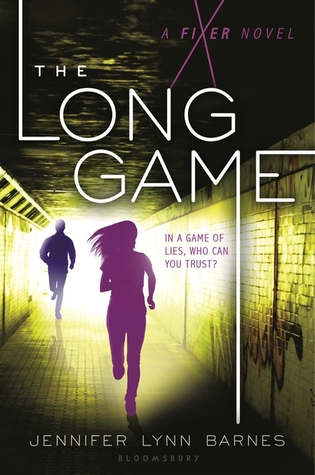Harry Potter Month is hosted by Faith at Geeky Zoo Girl and Micheline at Lunar Rainbows Reviews. This fun event runs throughout the month of July. Find out more about it here.
Last year I had a discussion with a fellow English major about the Literary movements that embodied the values of Hogwarts Houses. Literary movements are (mostly) defined by a time period rather than ideas or style, but they nonetheless show the themes and values that were at the heart of an era. I try to give a few examples for each literary movement, but I can only truthfully say that I am well-versed in Victorian Literature--although I have been reading some modernist books lately which has given me a better understanding of that era--as such my examples may be strangely varied.
Gryffindor - Medieval Literature
I don't know anything that embodies Gryffindor more than the Medieval era of Literature. Knights! Quests! Dragons! Courtly love! The values of courage, bravery, and honor are shown in Medieval literature such as Beowulf, the tales of King Arthur and his Knights, and the poetry of Marie de France (just to name the few I've actually read). This was an era that valued the traits of Gryffindor more than any other time.Ravenclaw - 18th Century Literature
The 18th Century was the Age of Reason and the Age of Satire. Authors such as Thomas Paine, Alexander Hamilton, and Benjamin Franklin were writing ideas which shook the world. Because of the power of ideas wars were fought and countries were formed. In contrast to this, the creative side of Ravenclaw was shown through works in this era such as the outrageous fantasy/travel narrative Gulliver's Travels and in the way poets would wittily exchange insults through their verses.Hufflepuff - Victorian Literature
Authors such as Charles Dickens, Elizabeth Gaskell, and Wilkie Collins often used their literature to shed light on problems they saw in their society: this includes the living and working conditions of the poor as well as unjust laws and views regarding woman and many other social justice issues. Many authors of this era shed light on things their middle-class and upper-class readership would never see and used their pen to enlighten the public which would hopefully create a better society. I think Helga Hufflepuff would have been obsessed with this era of literature.Slytherin - Modernist Literature
I think it's fair to say that Modernism is about humans and their ambitions. Novels like The Grapes of Wrath not only show the horrible conditions people were forced into, it shows their ambition to change their situation. In contrast, it also explores how ambition on a large scale can ruin a country. Another example of Modernism is The Song of the Lark which focuses on an girl's journey to become an opera singer. Instead of monetary ambition or survival, it focuses on the ambition of an artist. Modernism seems to focus on individuals who are trying to find their place and looking for meaning in their lives (although they rarely find it).Sorting the literary movements into Hogwarts houses actually helps me to better understand these eras and their literature as a whole. I guess, this means that Harry Potter helps to make everything in life magically better. Oddly enough, I prefer reading Hufflepuff literature despite my status as a Slytherin. Modernist literature is not enjoyable for me, yet I think there are certainly several books in that era worth reading.
Does your preference in classic literature match your Hogwarts house? Are there any examples of books or authors in these eras which you think also fit?




